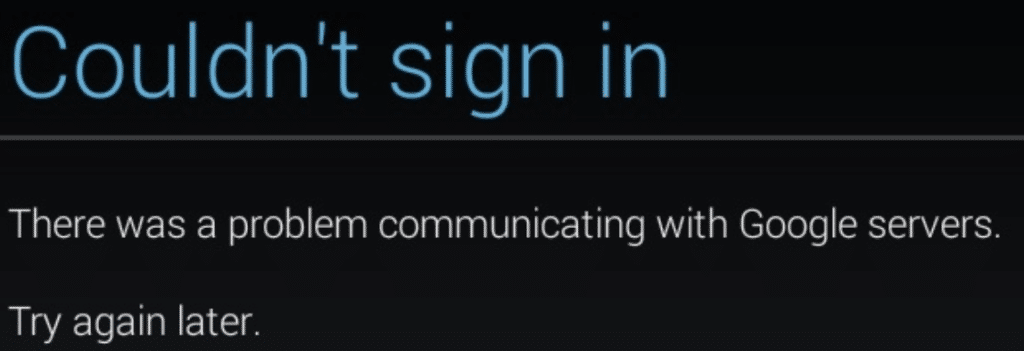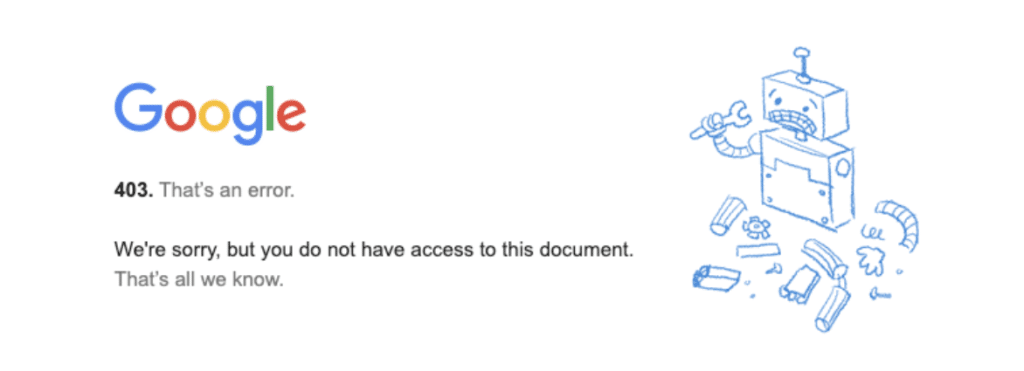Editorial By Staff Writer David R
1. The Crash Heard ’Round the World
For three hours, the digital heartbeat of modern life—Google—flatlined. No Gmail pings. No YouTube loading wheels. No Google Docs auto-saving half-finished manifestos. It was like someone yanked the plug out of the 21st century. And in the eerie silence that followed, a rare thought emerged: What happens when the company that claims to organize the world’s information… forgets where it put the switch?

2. The Absence of Explanation Was the First Explanation
Google issued a boilerplate statement, citing “unexpected infrastructure issues” and a “network misconfiguration.” Translation: something broke, and we’re not going to say how or why. In a company obsessed with transparency dashboards and uptime metrics, the opacity felt less like damage control and more like narrative control.
3. Infrastructure, or Achilles’ Heel?
While Google’s cloud infrastructure is spread across data centers like a hyper-intelligent virus, redundancy is only as good as the code that tells it what to do. If a bad update propagated globally—or a core dependency failed in cascading silence—it would take only minutes to lock out half the planet. Technology built for resilience can still crack under its own complexity.
4. A Glitch in the Matrix—or the Brand?
The outage wasn’t just technical. It was philosophical. Google’s entire brand promise is that it’s always there. Need to search the exact definition of “sonder”? Need to mute your colleague on Meet before their toddler reenacts Godzilla vs. Kong? Need to locate which corner of the internet holds that five-year-old email containing your only tax return? Gone. Not just unavailable—missing. And with it, Google’s illusion of permanence.
5. Follow the Signals
Early telemetry suggested authentication services failed first—meaning users weren’t just locked out of products; they were locked out of identity. When Google goes down, your account isn’t just “unavailable.” You are, effectively, digitally ghosted. It wasn’t downtime. It was unpersoning.
6. The Price of Ecosystem Dependence
This isn’t about search engines or video platforms. It’s about the central nervous system of modern productivity. Millions rely on Google for school, work, communication, and cloud storage. A three-hour outage is tolerable only because it’s rare—but the real concern is just how total it felt. Google wasn’t just missing. For a moment, so were we.

7. Trust as a Service
Google doesn’t sell products as much as it sells belief: in speed, in reliability, in surveillance that’s “for your benefit.” This outage was a rupture in the contract. If this can happen once, why not again—wider, longer, deeper? And what exactly is the backup plan for a civilization that’s mainlined its cognition into a single corporate server stack?
8. Conspiracy Seasonings, Anyone?
Naturally, the internet responded in its favorite language: suspicion. Was it a hack? Was it a state-sponsored dry run? Was it insider sabotage? Most theories were spicier than they were credible—but the mere plausibility of malice over mistake shows how brittle the trust architecture has become. When the most powerful tech company on Earth breaks, we don’t assume accidents—we assume secrets.
9. Media Response: Shrug or Spectacle?
Coverage ranged from resigned eye-rolls to chicken-little hysteria. But few asked the most uncomfortable question: why are we okay with so much dependency on a single point of failure? If a three-hour blackout paralyzes half the digital economy, maybe this isn’t about outage recovery—it’s about ideological redundancy.
10. The Google Apology Tour (or Lack Thereof)
Post-outage, Google issued an update, reassured “minimal data loss,” and pledged to “review systems.” Yawn. No top executive addressed the public. No reckoning. Just a reset of the clock. In most sectors, a failure this scale would demand hearings. In Silicon Valley? A new bug bounty.
11. A Teachable Moment—Promptly Ignored
Every outage is a chance to question default settings. Not just technologically, but existentially. Do we need to rethink digital resilience? Data sovereignty? The monopolistic architecture of convenience? Or will we just accept that, sometimes, our digital gods get tired?
12. Conclusion: The Empire Does Not Apologize
In the end, Google didn’t collapse. It blinked. And we all collectively flinched—then returned, grateful that the machine rebooted. But maybe next time it doesn’t. And maybe next time, we won’t just lose email. Maybe we lose the ability to see it coming.










